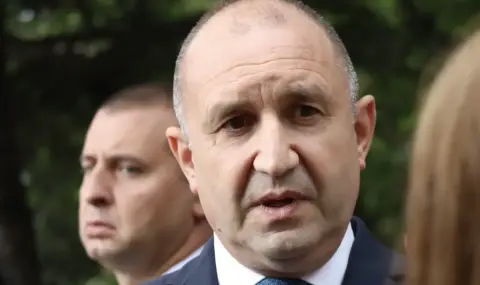The head of state Rumen Radev returns for a new discussion in the National Assembly changes to the Civil Procedure Code, made through the Transitional and final provisions in the Law on Amendments and Supplements to the Law on Advocacy. This is reported by the press office of the head of state
On September 11, the National Assembly adopted amendments to the Law on the Bar, amending the Civil Procedure Code and the Tax-Insurance Procedure Code. The legal regime related to the figure of the special representative has changed significantly. Parliament took away from the courts the power to determine the remuneration of special representatives and assigned them to local bar councils.
According to the head of state, this is in sharp contradiction with the law of the European Union, which forbids associations of providers of certain services to determine their prices themselves. The President insists that the people's representatives review individual provisions that create a risk of unjustifiably infringing the principles of a fair trial within a reasonable time and the constitutional right to protection of citizens.
Once again, Rumen Radev draws the attention of the people's representatives to the need to respect the principles of reasonableness, openness and coherence in the preparation and adoption of legislative acts. “These are not formal requirements, but important guarantees against the introduction of lobbyist amendments”, is emphasized in the reasons of the head of state.
The texts also provide that, if the lawyer's fee paid by the party is excessive in accordance with the actual legal and factual complexity of the case, the interest affected, the conditions under which legal assistance and protection was assigned and provided, the court may award - a low amount of costs in this part only on an objection of excessiveness made by the opposing party, using the criteria in the regulation of the Law on Advocacy.
